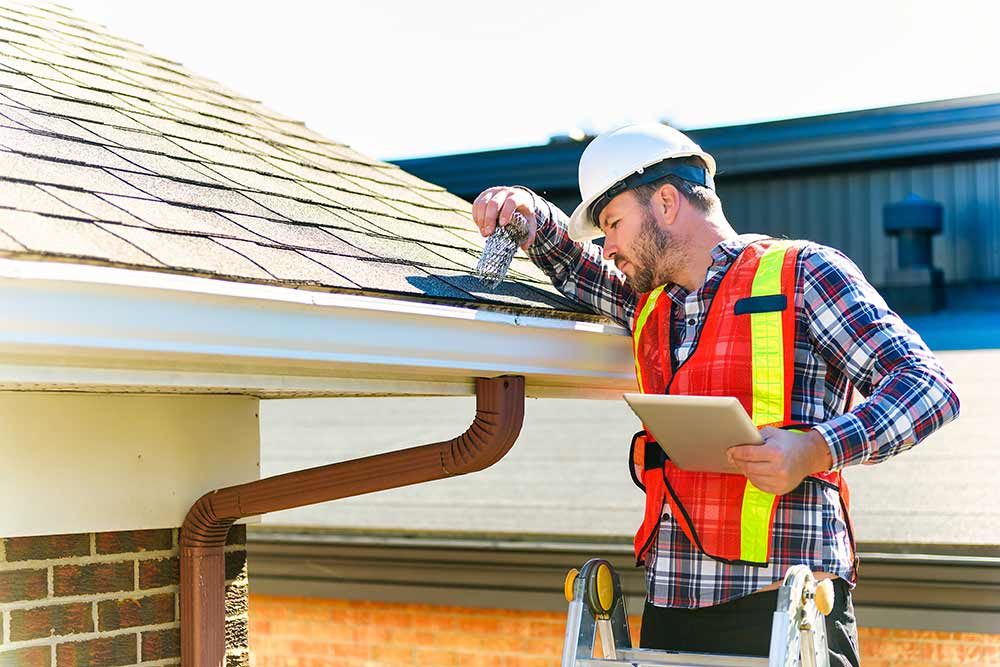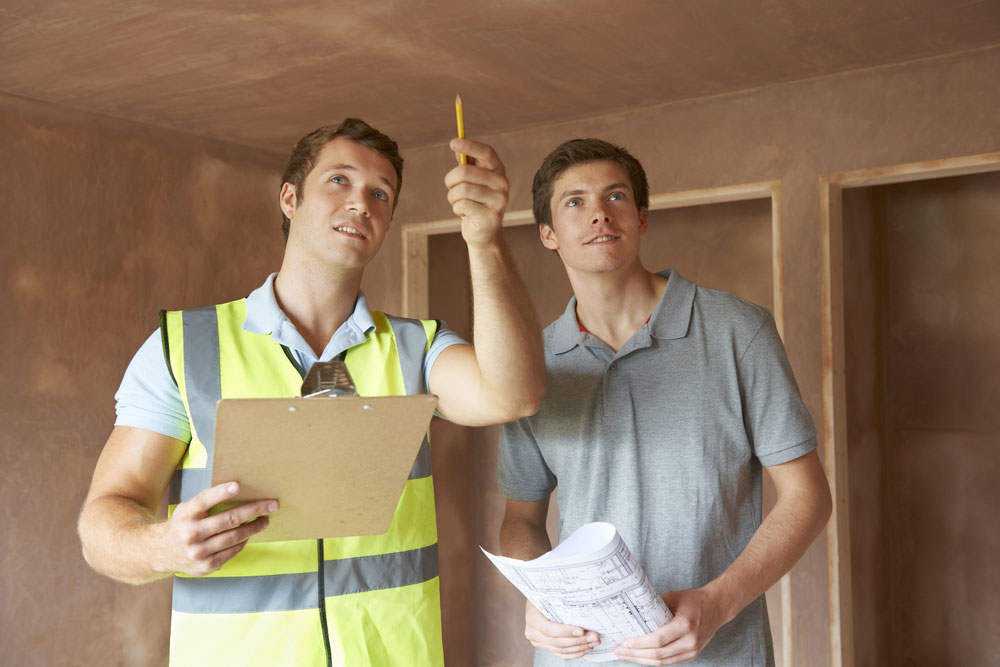
Buying a home is a thrilling adventure, but it’s also a time when due diligence is crucial. Among the essential steps in this process is the home inspection, where a professional takes a deep dive into the condition of your potential new home. But how long does this critical step take? Let’s unpack the home inspection process, from hiring a home inspector to understanding the detailed report they provide.
Understanding the Home Inspection Time Frame
The home inspection is a thorough review of the major systems and structural integrity of a home. But how long does a home inspection take? On average, the time frame can vary significantly based on several factors, but here are some general guidelines:
- Average Length of a Home Inspection: Typically, an inspection takes anywhere between 1 ¾ to 2 hours. However, in some cases, an inspection can take 3 or more hours. This duration can vary based on the size, age, and condition of the home.
- Average Length of a Sewer Scope: Sewer and septic inspections can normally be completed in less than 30 minutes, with the average time being 10-15 minutes.
- Factors Affecting Inspection Time: The size of the home, accessibility to areas like the crawl space, and the number of potential issues found can all impact the time frame.
Major Systems and Areas Inspected
A home inspector meticulously examines the home’s critical components. This includes:
- Electrical Systems: Ensuring the wiring, outlets, and breakers are up to code.
- HVAC Systems: Checking the condition and operation of the heating, ventilation, and air conditioning units.
- Water Heaters: Evaluating age, installation, and potential for leaks.
- Condition of the Home: Assessing the structural integrity, including the roof, foundation, and walls.
Inspectors also look for signs of water damage, issues in the crawl space, and any other factors that could affect the home’s safety and value.
Why the Duration Matters
The length of a home inspection is more than just a matter of scheduling. It reflects the thoroughness and detail of the examination. A longer inspection can often mean a more detailed report, which is invaluable for:
- Identifying Potential Issues: Early detection of problems with the home can save you from costly repairs down the line.
- Negotiating the Sale Price: Findings from a home inspection can be used to negotiate the sale price or request repairs before closing.
- Making an Informed Decision: Knowing the condition of the home helps you make a more informed decision about your purchase.
Real Estate Agent Insights
Your real estate agent can be a valuable resource in the home inspection process. They can help you:
- Hire a Home Inspector: Agents often have contacts with reputable inspection companies and can help you choose a qualified inspector.
- Understand the Home Inspection Report: They can guide you through the detailed report, helping you understand the implications of any issues found.
- Navigate Negotiations: Based on the inspection findings, your agent can advise you on how to proceed with negotiations or whether to reconsider the purchase.

Average Home Inspection Cost
The cost of a home inspection is a small price to pay for the peace of mind it offers. On average, home inspection costs can range from $300 to $1100+ depending on the home’s size, type, location, and if a sewer scope or other add-on is included. Considering the potential for identifying issues that could cost thousands to repair, it’s a worthwhile investment.
Older Homes and Special Considerations
- Older Homes: Homes more than a few decades old may require a longer inspection time due to potential issues with outdated systems and structural wear.
- Additional Inspections: In some cases, further specialized inspections (like for termites or radon) may be recommended, which can extend the overall timeline.
After the Inspection: The Home Inspection Report
The culmination of the home inspection process is the detailed report provided by the inspector. You can view our sample reports here. This report outlines:
- The Condition of the Home: A comprehensive overview of the home’s current state, including photos and descriptions of any issues.
- Potential Issues: Highlighting any immediate concerns or areas that may require future attention.
- Recommendations: Suggestions for repairs or maintenance to address the identified issues.
The Bottom Line
While the average home inspection time can provide a general idea, the actual duration of a home inspection is influenced by the specific details of the home being examined. The key is not just in asking, “How long does a home inspection last?” but understanding the value and insight it provides in the home-buying process.
By investing this time and hiring a reputable home inspector, you’re not only performing your due diligence but also protecting your investment and ensuring the safety and comfort of your future home.